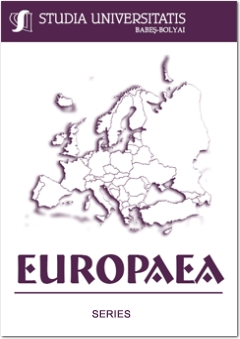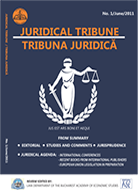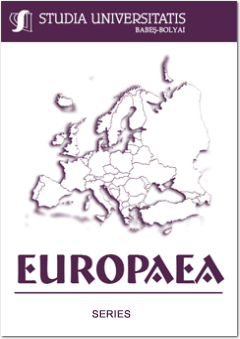
Je suis Charlie? Rethinking freedom in a multicultural Europe
Je suis Charlie? Regândirea libertăţii în Europa multiculturală [Je suis Charlie?
Je suis Charlie? Regândirea libertăţii în Europa multiculturală [Je suis Charlie? Rethinking freedom in a multicultural Europe], Iaşi, Adenium, 2015, 358 pages
More...

